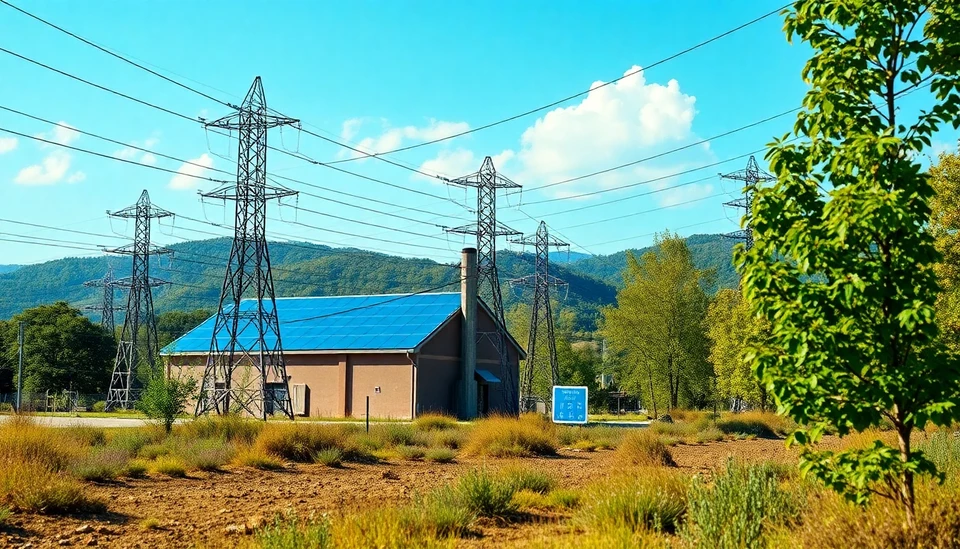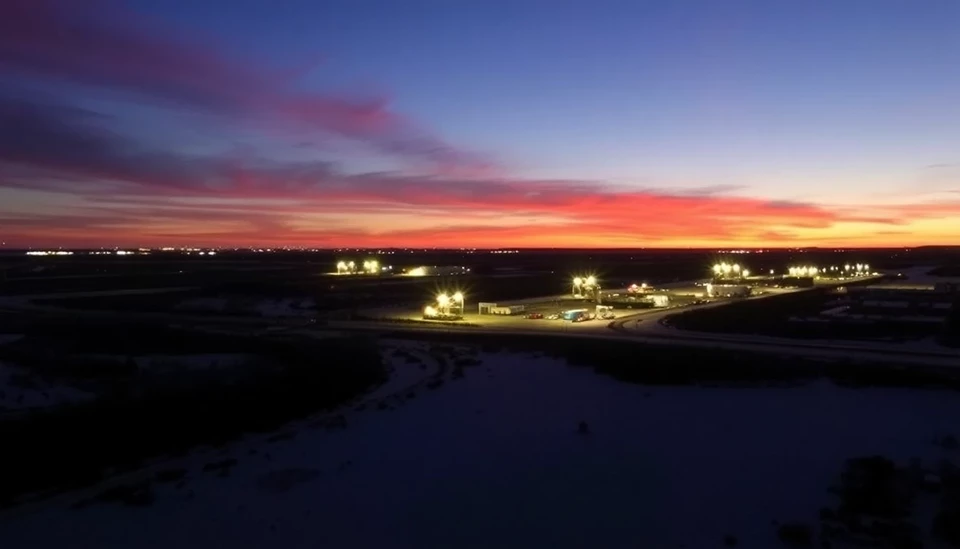
In a surprising turn of events, energy executives are asserting that the increasing demand for electricity driven by artificial intelligence (AI) technologies could ultimately yield positive outcomes for climate initiatives. This bold claim comes in the wake of growing concerns regarding energy consumption as AI models become more advanced and integrated into various sectors of the economy.
As businesses and consumers increasingly adopt AI solutions, the electricity consumption associated with these technologies is projected to rise significantly. This spike has led to apprehension about the environmental impacts of heightened energy demand, particularly given the ongoing challenges posed by climate change. However, many leaders in the energy sector are arguing that this surge in demand could be mitigated by a shift towards more sustainable energy sources.
Key executives, including CEOs from leading energy firms, have articulated their optimism, suggesting that the transition to renewable energy sources, such as solar and wind power, will be accelerated by the rising energy needs created by AI. They emphasize that as AI enhances efficiency in energy production and distribution, it may ultimately decrease overall carbon emissions.
The rise of AI is not just limited to its impact on energy consumption. These technologies are also being deployed to optimize energy systems, making them smarter and more responsive. Energy management systems powered by AI can forecast electricity demand more accurately and enable utilities to balance supply and demand in real-time, reducing waste and improving the overall efficiency of the grid.
Moreover, energy executives point out that the development of AI solutions can streamline operations and reduce costs, which may indirectly support a wider adoption of clean energy technologies. By lowering the economic barriers associated with green energy projects, AI could play a critical role in transitioning towards a more sustainable energy landscape.
While it is essential to remain vigilant about the potential environmental impacts associated with increased energy consumption, many industry leaders are advocating for a balanced view. They argue that the integration of AI into the energy sector may not only help manage the surge in demand but also usher in a new era of renewable energy deployment that aligns with climate goals.
This perspective marks a shift in the conversation around AI and energy usage, suggesting that with appropriate technological advancements and strategic planning, the challenges posed by inherited power demands can be transformed into opportunities for enhancing climate resilience.
As discussions progress, the collective insights from energy leaders are creating a framework for a future where technology and sustainability coexist, driving both economic growth and environmental stewardship. This emerging narrative may provide a hopeful outlook amid the daunting realities of climate change, demonstrating that innovation can be harnessed for the greater good.
As the debate continues, industry stakeholders, policymakers, and consumers alike will need to remain engaged in exploring how AI can facilitate a sustainable energy future, leveraging its capabilities to not only meet but exceed climate objectives.
In conclusion, while the future remains uncertain, the assertion that AI-driven power demand could be beneficial to climate efforts opens the door for collaborative solutions that might significantly alter the energy landscape. The call to action now rests on the shoulders of those who can bridge the gap between technological advancement and environmental responsibility.
#AI #Energy #ClimateChange #Sustainability #RenewableEnergy #Innovation #TechForGood
Author: Megan Clarke




